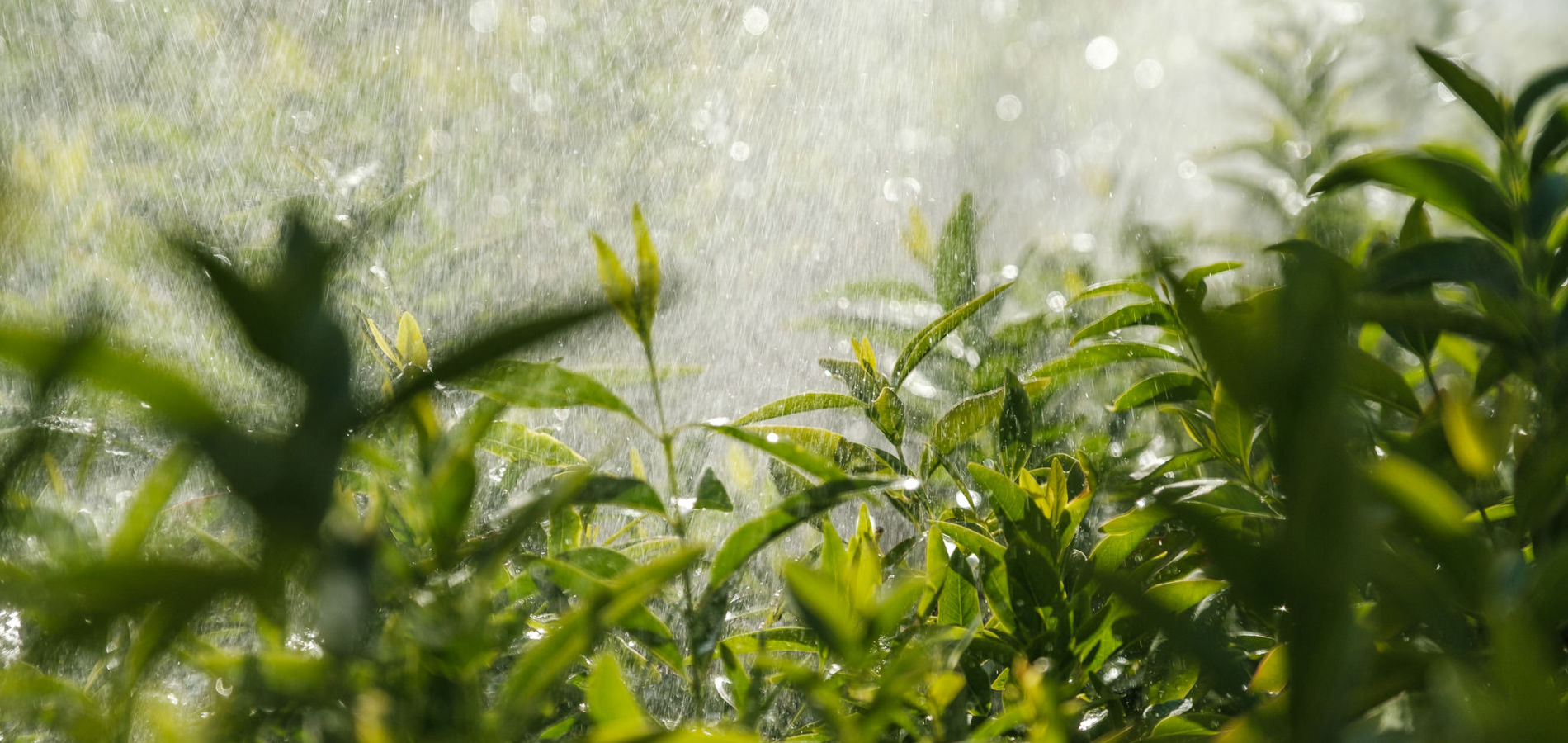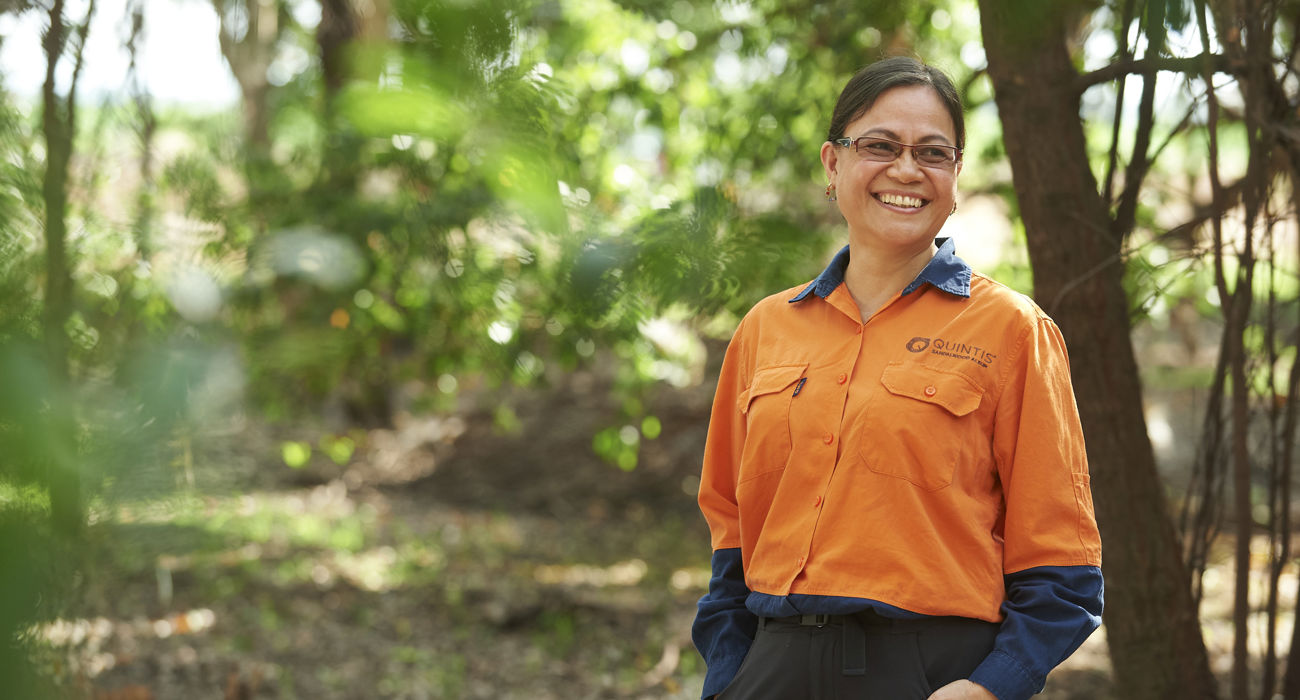Why do you think it’s important for Quintis to grow Indian sandalwood?
Indian sandalwood is recognised as a vulnerable species by the IUCN. It is threatened by several factors such as fire, over exploitation and habitat degradation brought about by land use change. It is unfortunate that the population of sandalwood, particularly this species, Santalum album, has dwindled in the wild. Without solving the circumstances that are threatening its survival and reproduction, Indian sandalwood was likely to become endangered.
Quintis' role in growing sandalwood is therefore critical to ensure the perpetuation of its genes and the sustainability of this sacred resource.
Why are you passionate about sandalwood?
I love sandalwood because it is a unique forest species. Growing sandalwood trees is out of the ordinary when it comes to forestry production, being far more complex than other trees worldwide.
I am magnetised by this complexity and how these sandalwood trees grow. The fact that sandalwood can produce its own food and yet extract nutrients from its host trees amazes me. I am challenged by the biological and physiological complexity of its growth as well.
I’d like to unlock the mystery behind it through more ongoing research.
Why is research important for sandalwood?
Research plays a significant role in forestry operations, with most of the best products in the world having been produced through scientific research. It is also essential for us to study the source, our trees, in order to produce sustainable, pure, high-quality oil.
Due to sandalwood's hemi-parasitic nature (meaning it extracts nutrients from its host tree), we are currently very interested in understanding the biological, environmental and physiological dynamics between sandalwood and its host trees. We currently know it can extract nutrients from them, however, the question of which host species provides the best nutrients remains to be answered. We believe that through scientific research, we can unlock this mystery and can help produce better-yielding sandalwood trees.
I love doing research and knowing that I am making a difference, not only on how we can grow better trees but also the idea that we are perpetuating the existence of the genetic base of this species.
Dr Precila Gonzales,
Quintis Head of Research Forestry
Where do you see sandalwood in the future?
The use of sandalwood products is an intrinsic part of Asian culture. For years, sandalwood has been used in every aspect of their daily living, including health, beauty and religious practices.
As we discover innovative means of utilising sandalwood, it is becoming more popular to consumers, both locally and overseas. As it gains attention in the cosmetic and pharmaceutical industry worldwide, demand for sandalwood oil and its products will persist. I can see a bright future for sandalwood.
What do you love about your role at Quintis/can you share any career highlights?
I love doing research and knowing that I am making a difference, not only on how we can grow better trees but also the idea that we are perpetuating the existence of the genetic base of this species. I like the idea of sustainably producing sandalwood - an endeavor that provides a safety net for the species' preservation.
When you’re not working, how do you relax/unwind/have fun?
During my free time, I enjoy a range of activities. When I am with family, I love cooking European and Asian dishes. When I'm with friends I love playing golf and tennis, and I love to play the harp to relax, especially when I am alone.
Sometimes, I go kayaking, walk along the beach or do water sports to de-stress. I like restoring vintage items and I also love sewing clothes. Years ago, my friends and I sewed clothes to donated to less privileged children overseas.

